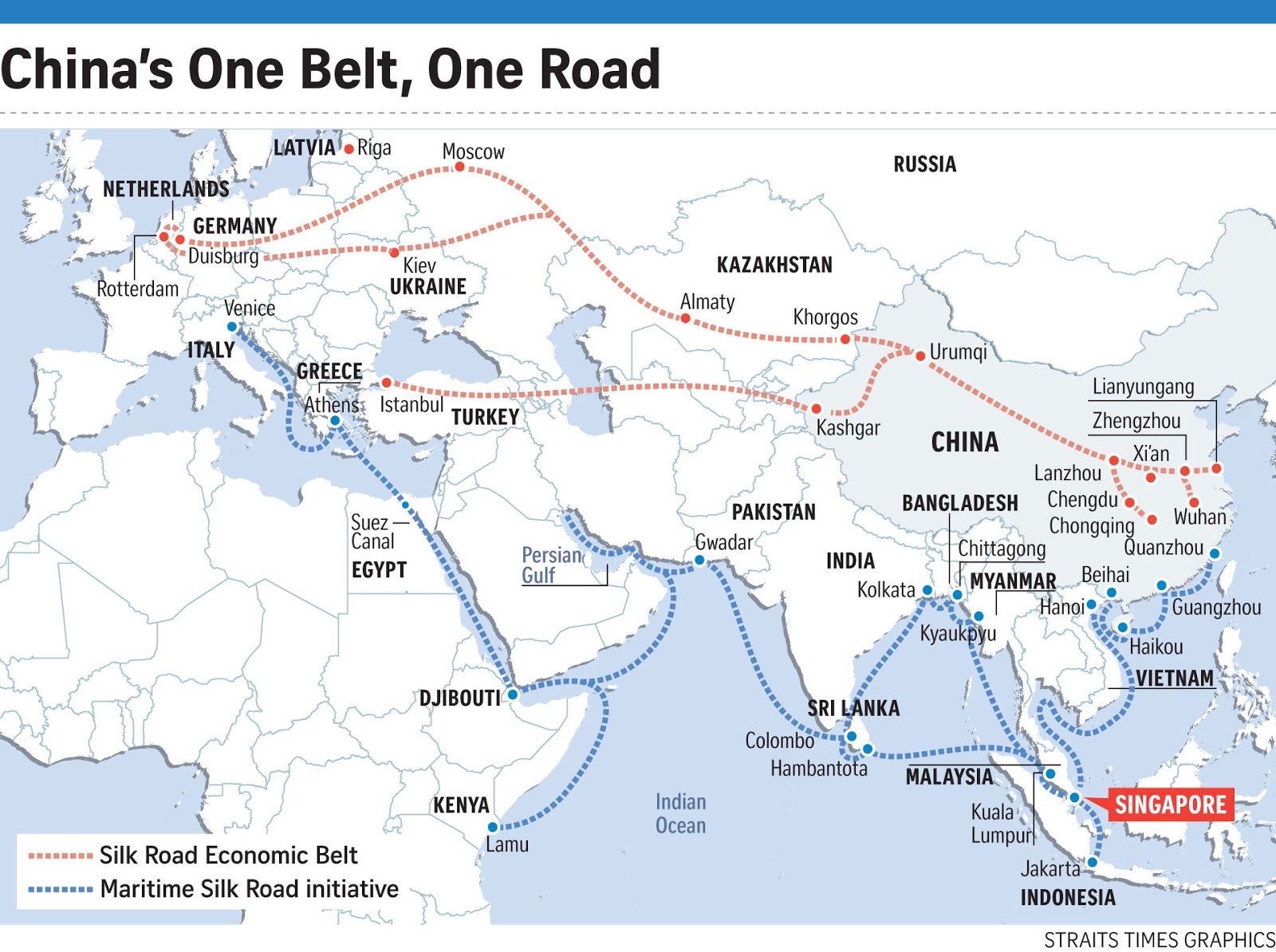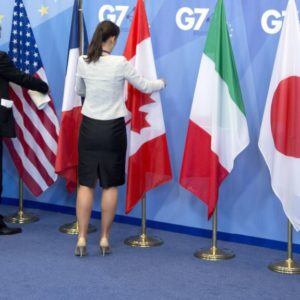Lately, Georgia has been pursuing negotiations, aimed at joining the NATO and EU as a full-fledged member. This policy was accelerated by President who came to power in 2004 after the . His view has been explicitly expressed on several occasions as links to the United States, EU and NATO have been strengthened in an attempt to move away from the Russian sphere of influence.
On the other hand, as a result of 2008 Russia–Georgia war and recognition of Abkhazian and South Ossetian independence by Russia, relations with Moscow are almost frozen. In 2012 opposition coalition won parliamentary elections and in autumn 2013, consequently, President Saakashvili left the country after finishing his second term. Despite the efforts by new Georgian authorities’ — to normalize relations with Russia by pushing for some improvements including the re-opening of Russian markets for Georgian wine and other agricultural products, no significant breakthrough has been made due to on-going Abkhazia and South Ossetia issues. Later in 2014, Georgia signed an Association Agreement with EU and granted visa-free travel regime. However, neither EU nor NATO is ready to grant Georgia membership in foreseeable future.

Erstwhile Armenia – Iran railway which passes through Nakhijevan (Azerbaijan) is closed due to on-going Nagorno-Karabakh conflict. In 2012 through Asian Development Bank loan (later, EU’s Neighbourhood Investment Facility (NIF), the EIB also joined in) Armenia launched the 556-kilometer (345.4 mi) North-South Road Corridor project which will connect Armenia – Georgia, and Armenia – Iran borders facilitating transit via Armenia. The corridor running from the border with Georgia at to the border with Iran at via the cities of Bavra, Gyumri, Ashtarak, Yerevan, Goris, Kapan, and Meghri. In December 2017, Meghri Free Economic Zone (FEZ) was inaugurated as a part of the project in the southern Armenian town of Meghri bordering Iran, which, in turn, complements Aras Free Economic Zone in Iranian side. In addition, a 145 kilometers (90 mi) stretch of road along the corridor between Yerevan and Bavra will be rehabilitated.
Given the significant role of Iran in OBOR, currently, Armenia is seeking ways to connect “Persian Gulf – Black Sea” corridor with OBOR thus establishing additional China – Europe transport route passing through Iran, Armenia and Georgia. As the EU and China are struggling to keep Iran nuclear deal alive after President Trump decision to leave the agreement, there is a potential of expanding economic cooperation between Tehran, Beijing, and European countries. It may increase the Iran–China, and Iran–Europe trade making this additional route commercially viable, especially taking into account signature of CEPA between Armenia and EU and Georgia–EU Association Agreement. Another opportunity for China is to establish the manufacturing capacities in Armenia and export production with zero tariffs both to EU and EAEU, especially to Southern Russia. This will create additional volumes of goods which may be transported through Armenian infrastructure. Armenia, Georgia, and Iran may jointly start negotiations with China to include “Persian Gulf – Black Sea” project into OBOR initiative potentially involving Chinese investments in transport infrastructure modernization programs.







